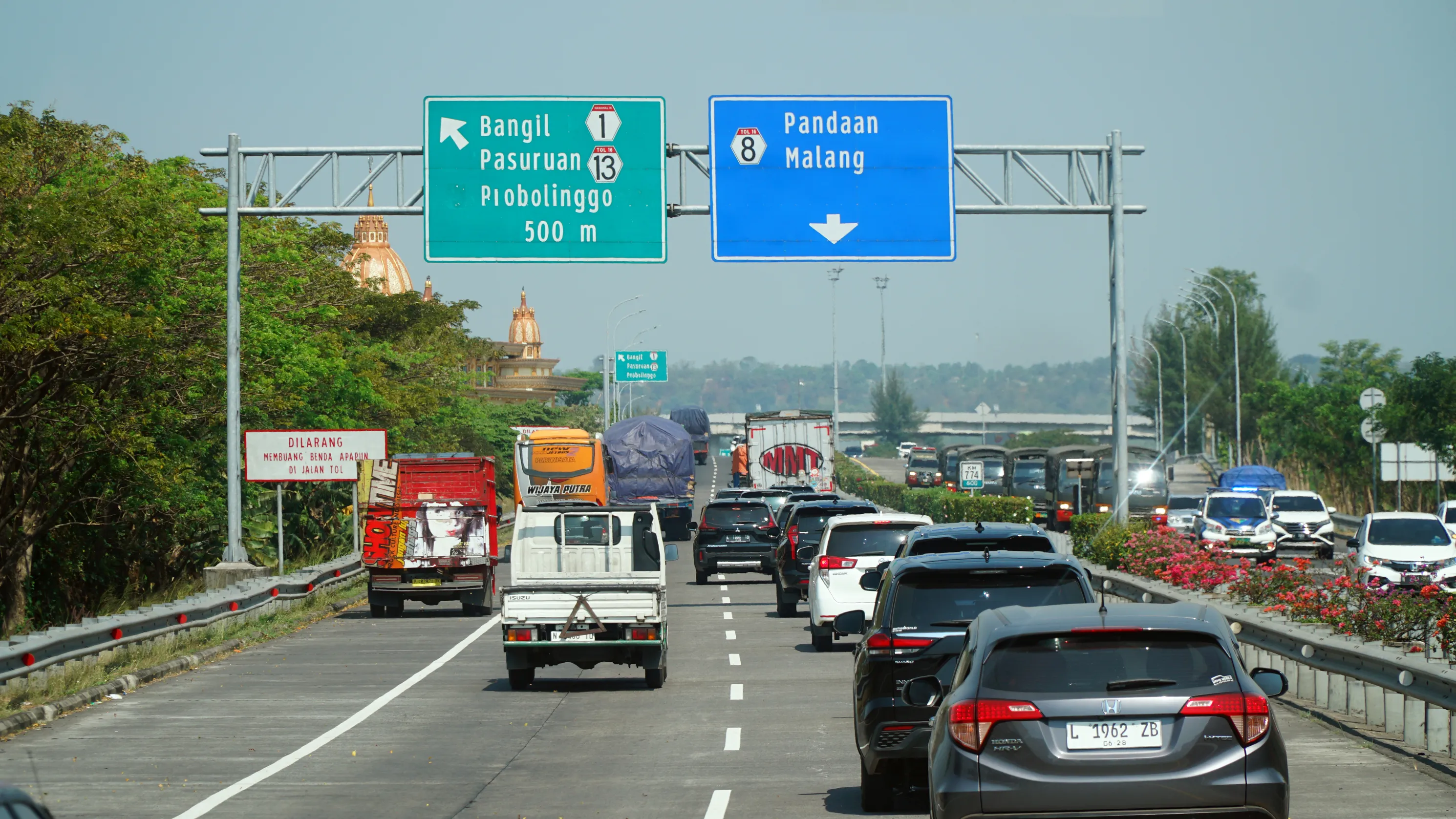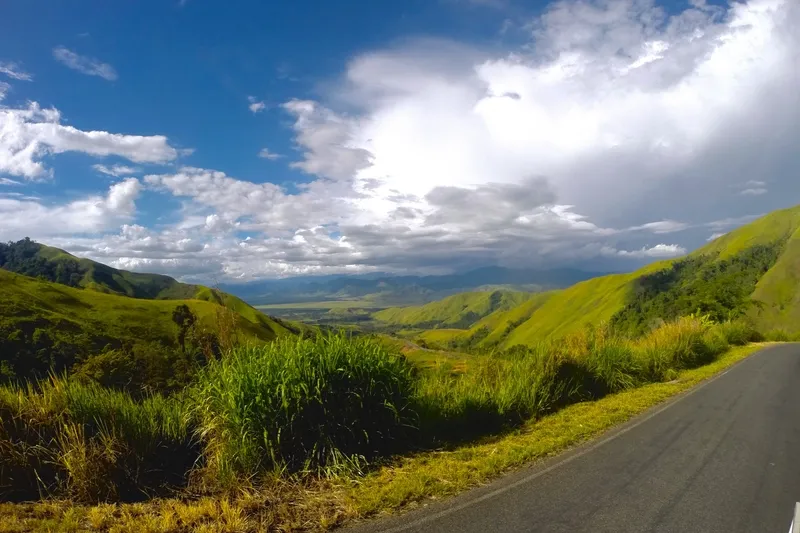Indonesia’s toll road development plans are being set out.
By MJ Woof
October 20, 2020
Read time: 1 min

Indonesia is developing its network of toll roads across the nation. The programme includes two categories of toll roads, for feeder links and major traffic corridors. Indonesia’s toll roads programme calls for the development of 2,700km of routes in the 2020-2024 time period.
The Indonesian Government will prioritise its funding for the major traffic corridors, also known as backbone toll roads.
These so-called backbone routes include the Trans-Sumatra toll road, the Trans-Java toll road, the Trans-Kalimantan toll road, the Trans-Sulawesi toll road, the Trans-Nusa Tenggara toll road and the Trans-Papua toll road. However, the feeder toll roads are intended to connect with the backbone routes as well as existing and planned commercial and industrial areas.







